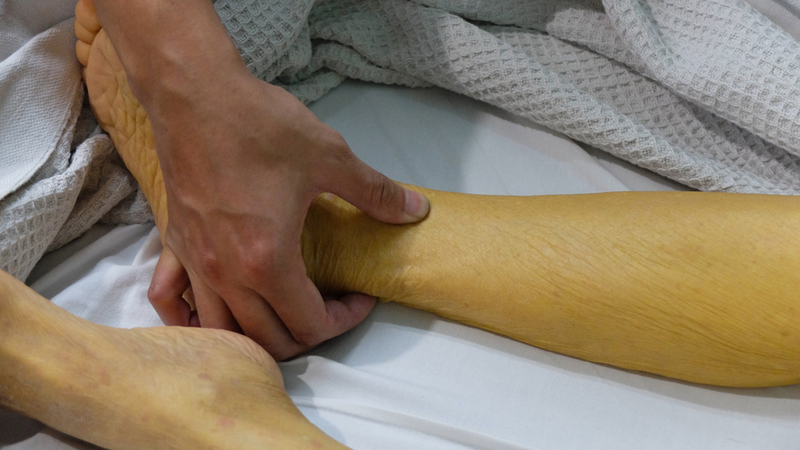World's first human case of rat disease hepatitis E discovered
UNI Oct 03, 2018
For the first time, a case of rat hepatitis E has been discovered in a human in Hong Kong.

According to the researchers from the University of Hong Kong, a 56-year old man has been diagnosed with the disease, the CNN said. The risk of rat hepatitis E affecting humans has been underestimated, said Dr. Siddharth Sridhar, clinical assistant professor at the University of Hong Kong.
The man who developed the disease continued to show signs of abnormal liver function with no obvious cause even after he had undergone a liver transplant following chronic infection with hepatitis B, he said. The investigations revealed signs of an immune response to hepatitis E, but tests for the human form of the virus came back negative.
On further examination the disease revealed similarities with the rat form of the disease, he further said. "Rat hepatitis E virus now joins this list of infections that may be transmitted from rats to humans," Dr Sridhar said. According to Dr Sridhar, the patient was given an anti-viral treatment and is cured.
The team then wanted to know how the disease was able to cross over from rats into a human and believe the man caught the disease from rats infesting a rubbish chute near his home. The team believes the most important control measure would be to limit the rat population and ensure there is no rubbish for rats to feed on.
The animal form of the disease is thought to infect wild boars, domestic pigs and deer, as well as rats and other rodents. Hepatitis causes inflammation of the liver, with various viruses that cause it. Most commonly, hepatitis A, B and C spread through either contaminated food and water or blood and other body fluids, depending on the virus.
The human form of hepatitis E is typically transmitted through contaminated water, and is estimated to infect 20 million people worldwide, resulting in 3.3 million people showing symptoms each year, according to the World Health Organization. It caused approximately 44,000 deaths in 2015.
-
Exclusive Write-ups & Webinars by KOLs
-
Daily Quiz by specialty
-
Paid Market Research Surveys
-
Case discussions, News & Journals' summaries